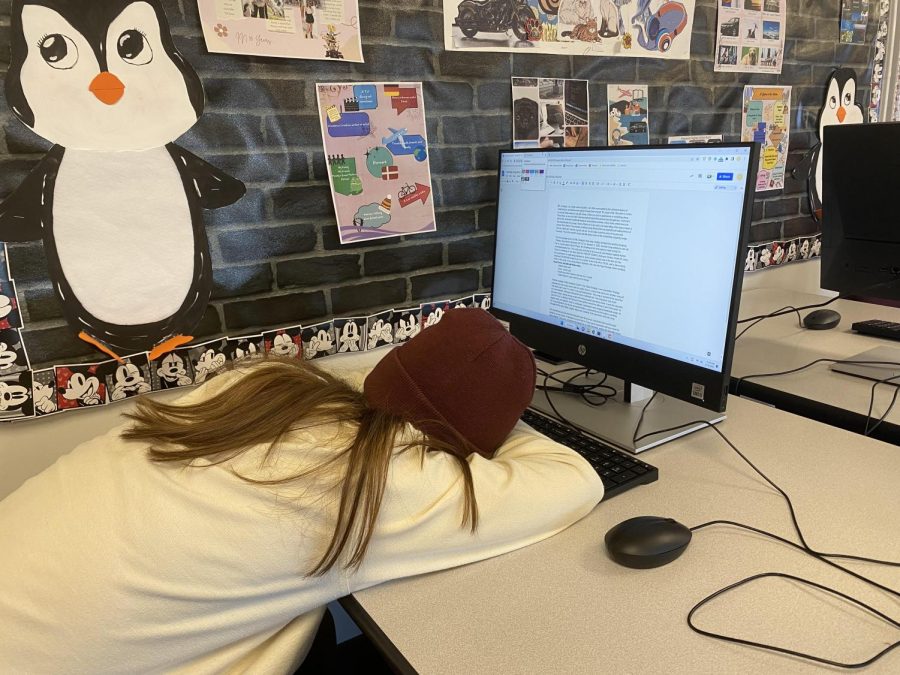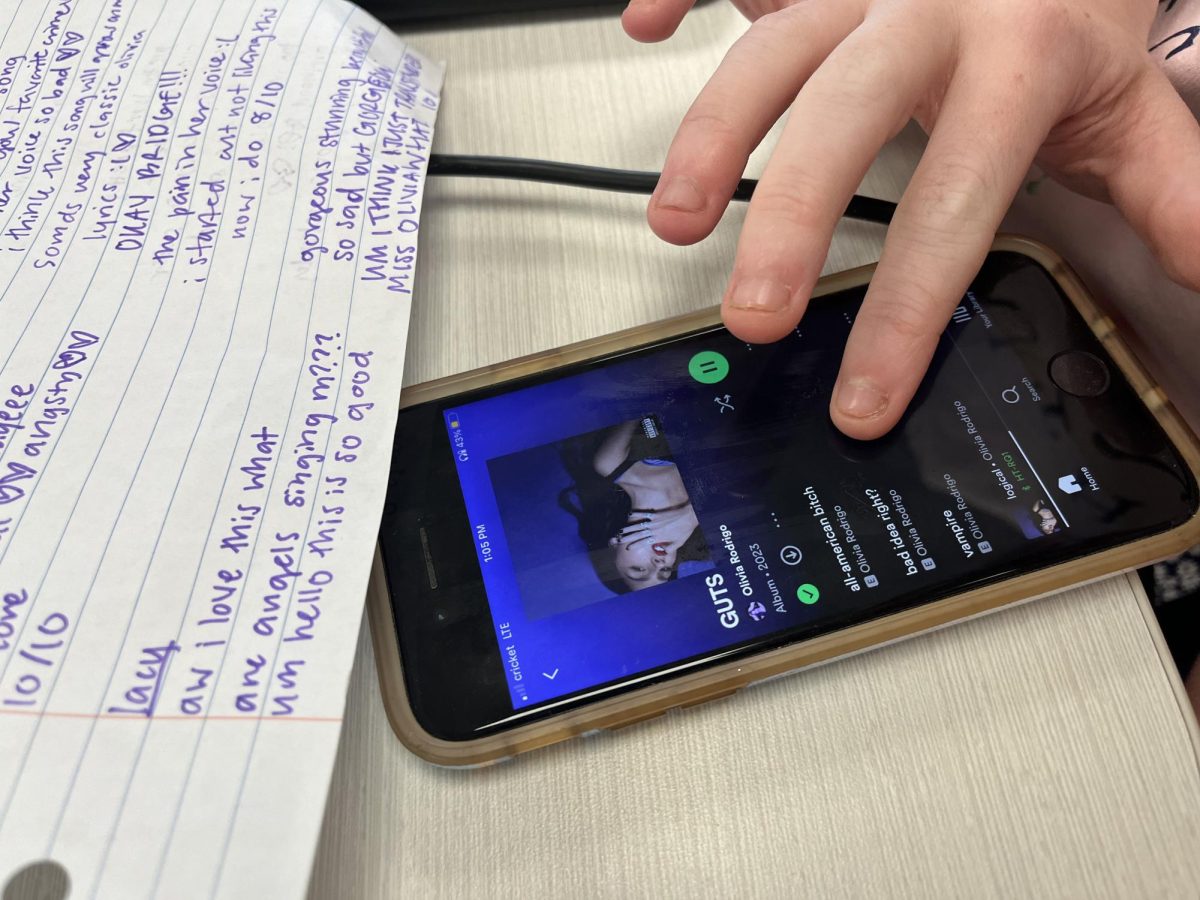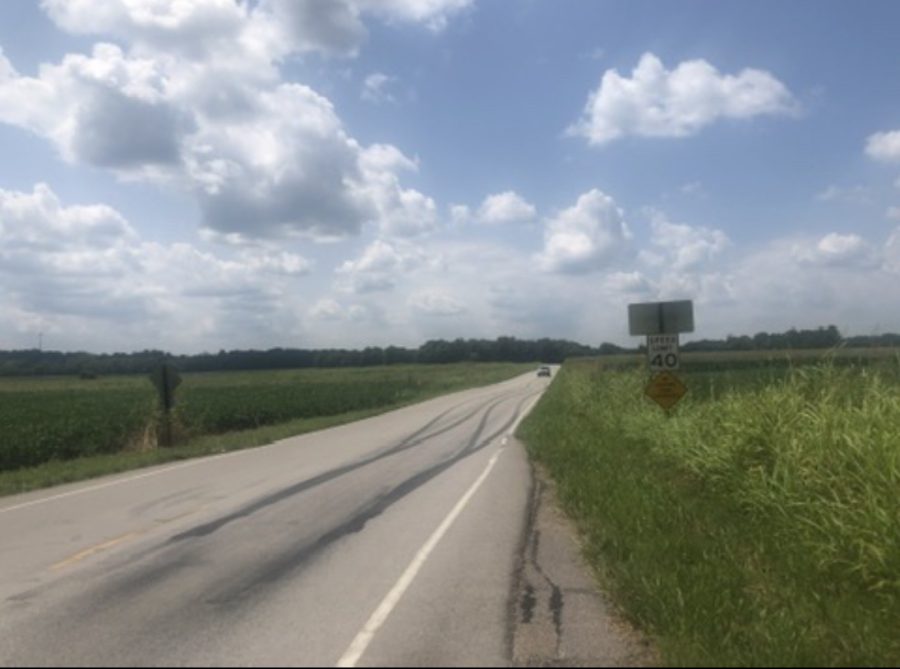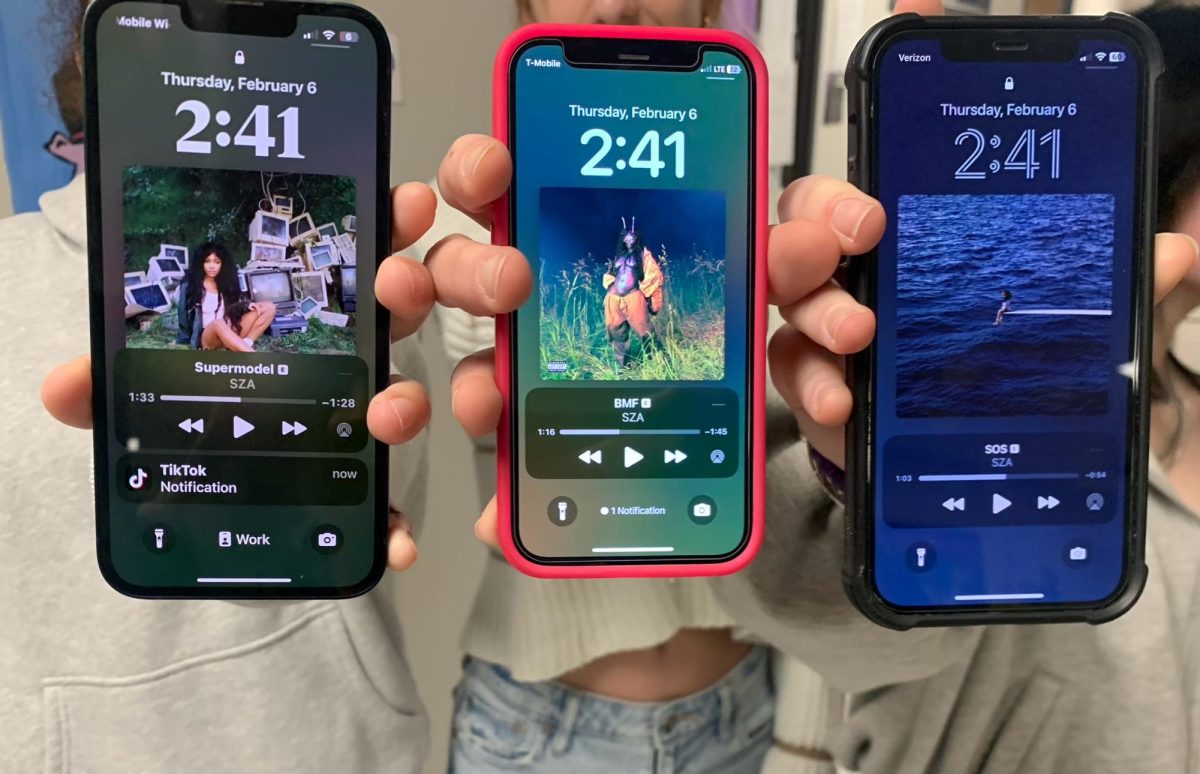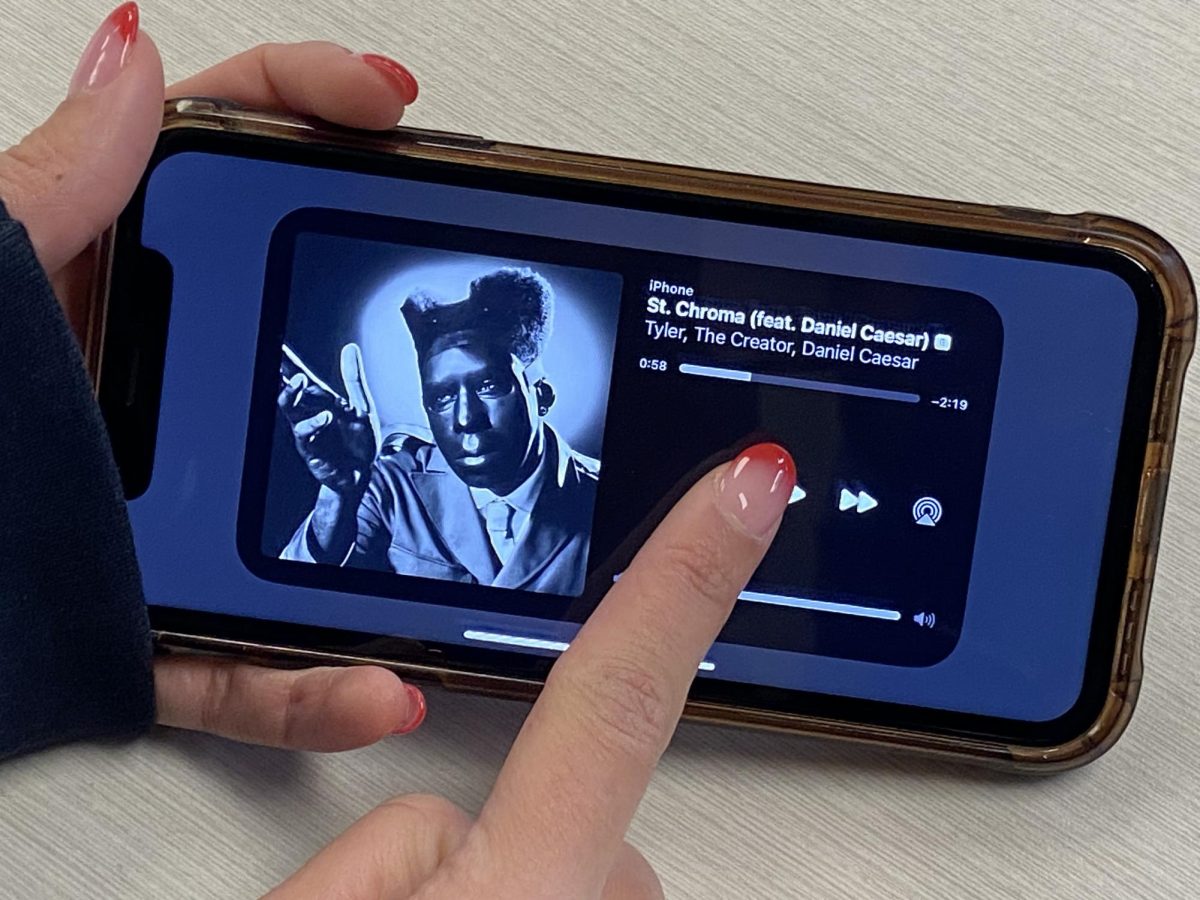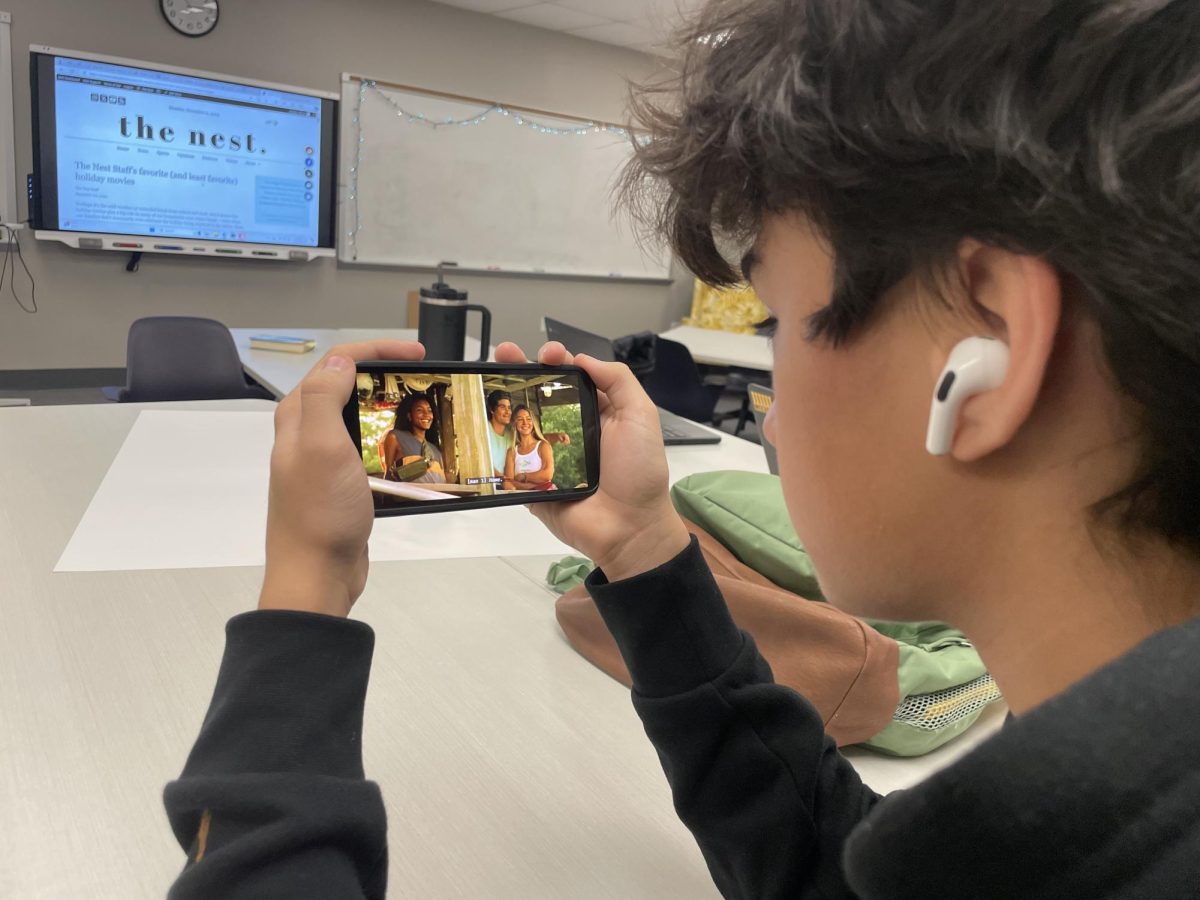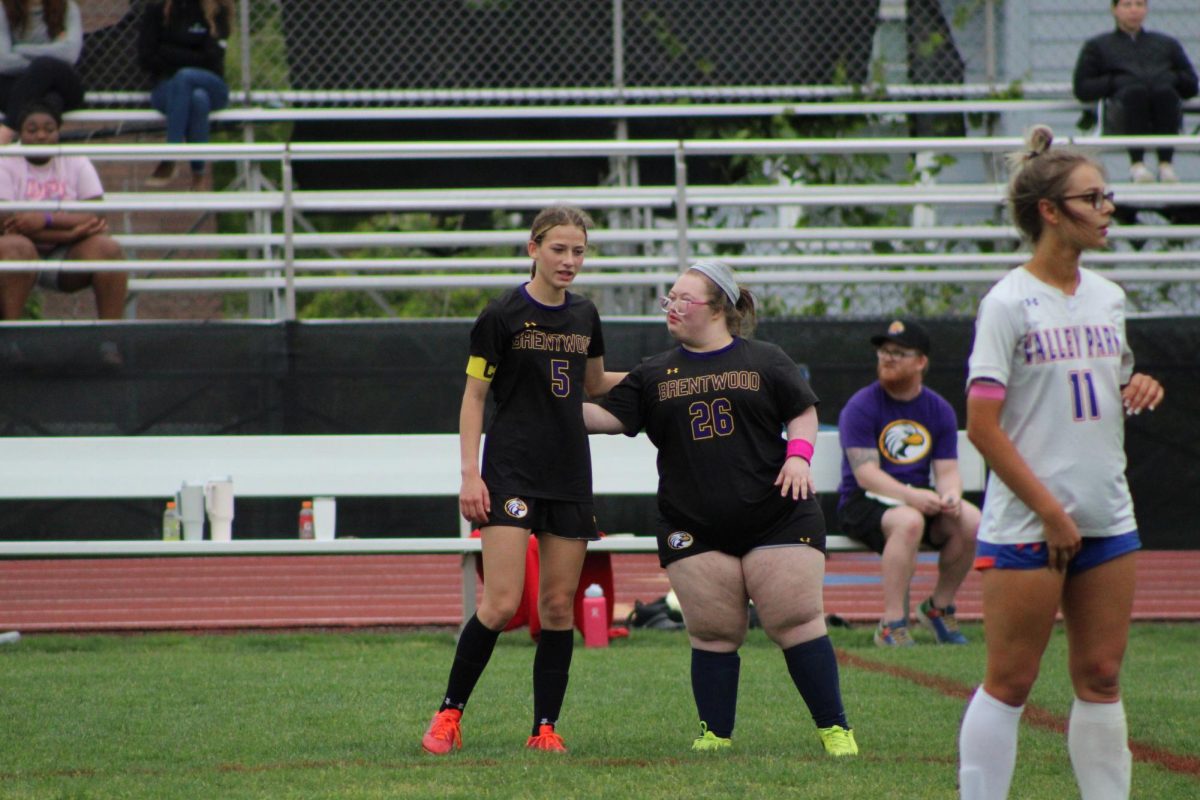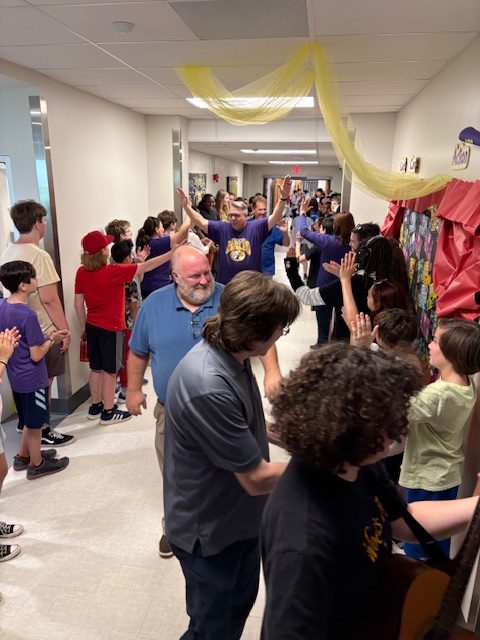Students at Brentwood High School are expected to show up to school and be ready for class by 8:05 in the morning. While this may seem like a normal time for most to wake up and be ready for the day, many students report being exhausted in the mornings and are usually very quiet during their first period.
It might come as a surprise that Brentwood High School is actually one of the country’s more “merciful” schools when it comes to its morning start time. Some districts in Missouri, such as Francis Howell and Parkway, have students in class by 7:30. This means that to get there on time, they usually have to wake up around 5 or 6 in the morning. As a result of this, students report being exhausted by their schools’ start times, especially with how late they have to stay up to finish work. “Usually the harder workers tend to be really sluggish in the morning.” Mr. Hamden, the school biology teacher, said, “They have to do their homework to get ready for whatever assignments are due, so they’re staying up a little later.” By now, waking up for school this early is just a commonly accepted thing, but does it have to be?
“When I was at Parkway, I used to wake up at 6:30 in the morning,” said Breanna Downing, a freshman at Brentwood High School. “I never really had enough time to sleep; I took a lot of honors classes, had volleyball practice in the evening, and had to do my homework at night.”
According to the CDC, teens between 13 and 18 should get 8-10 hours of sleep every night. With after-school activities and a high homework load, most students get to bed later in the night, meaning that when they have to wake up early in the morning, they don’t always get those eight to ten hours. 72 percent of high school students in the country don’t get at least eight hours of sleep at night, according to the CDC.
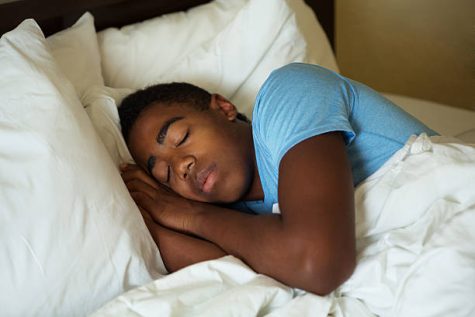
“You’ll be less tired and more eager to work,” Downing said after being asked if getting to school later might benefit the students.
Scientists from the University of Washington studied the effect on students when school started later in the day. They saw that by moving the start time of one school one hour later, there was a 34-minute increase in the median sleep duration of students. Most students went to bed around the same time, but the students with the later school start time got more sleep. While small, a 34-minute increase adds half an hour more to the hours of necessary sleep a teenager should be getting, which could majorly benefit students’ health and morale toward schoolwork as well.


